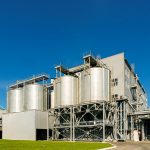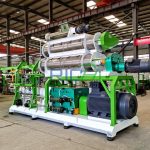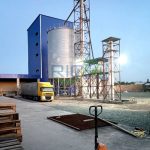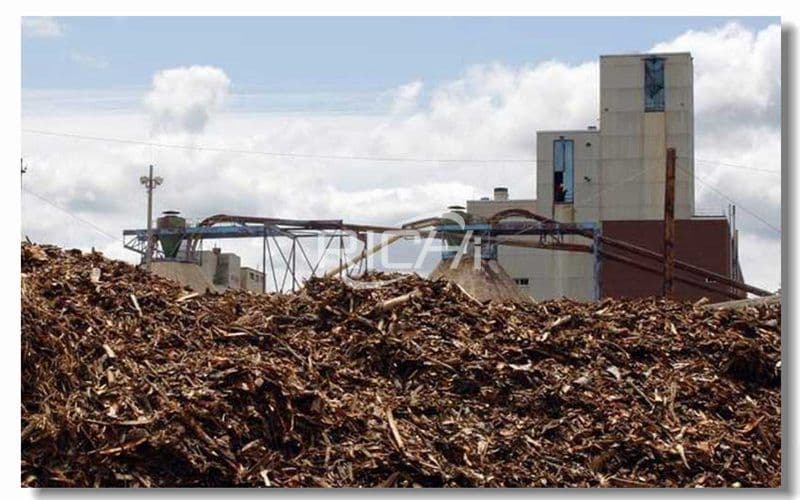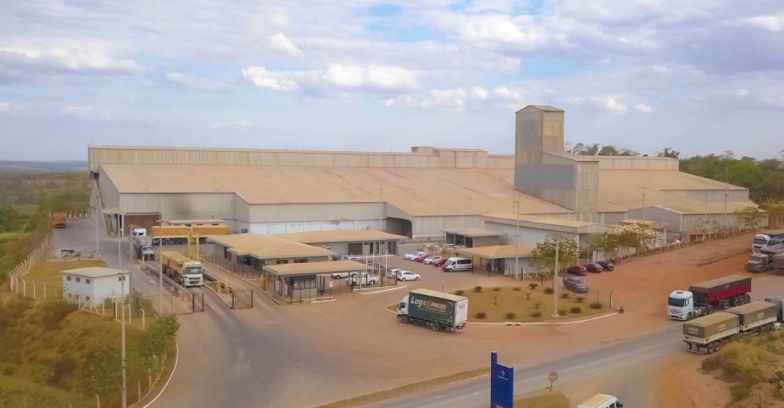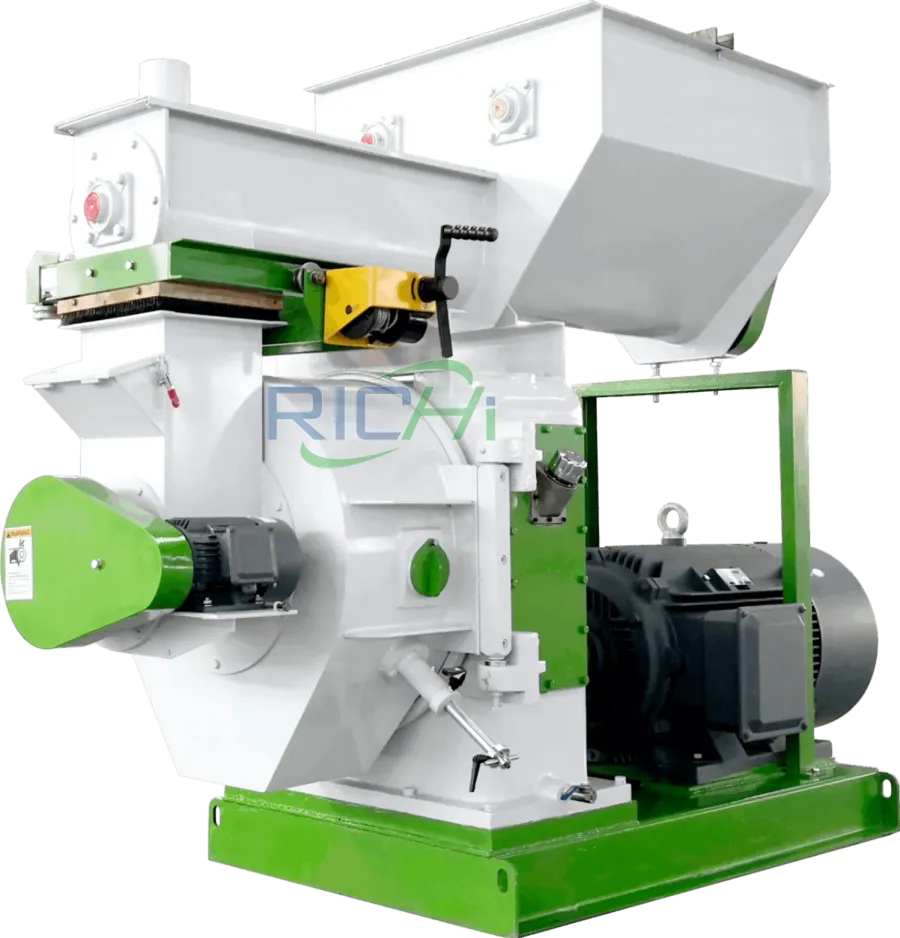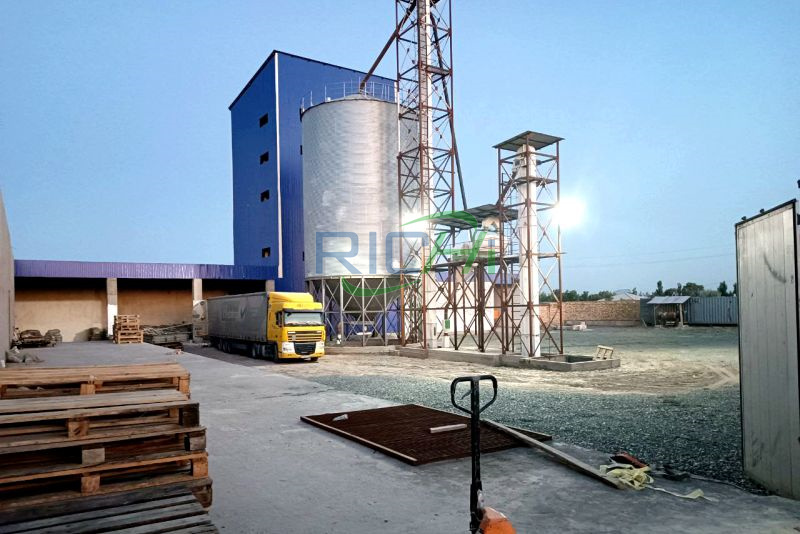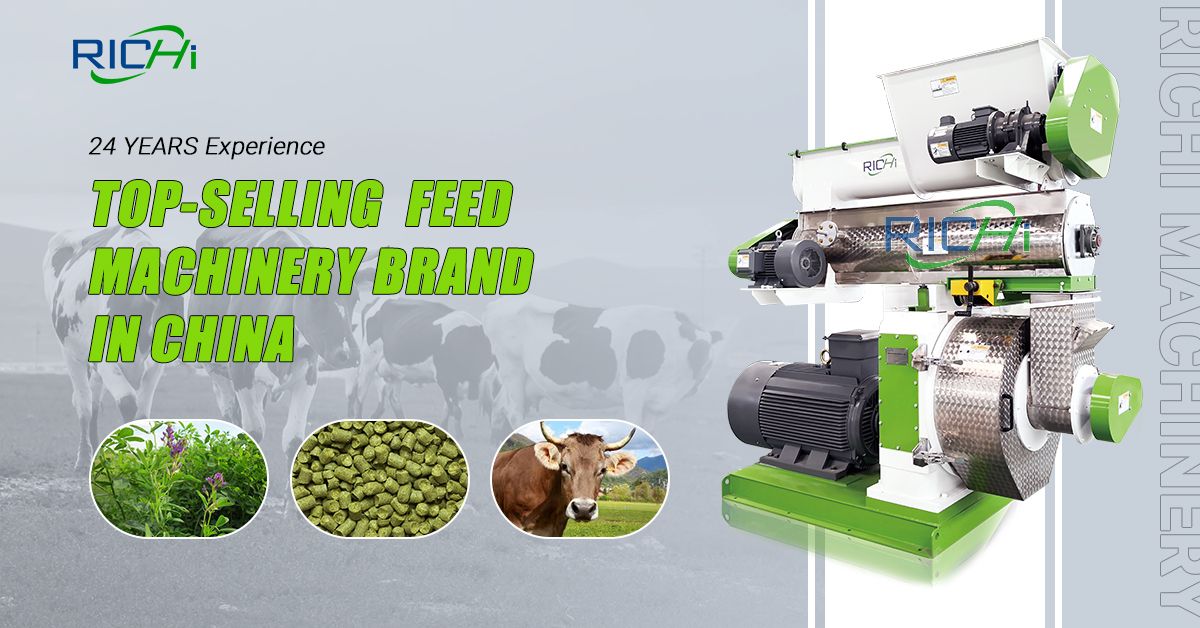Singaporeans’ growing interest in investing in biomass pellet production lines reflects the country’s commitment to sustainability, innovation, and economic diversification. Here’s an in-depth look at why biomass pellet production is appealing to investors in Singapore:
Related post: 2T/H Biomass Pellet Manufacturing Plant in Singapore
1. Alignment with Singapore’s Sustainability Goals
- Green Plan 2030: Singapore’s ambitious Green Plan 2030 aims to reduce carbon emissions and increase renewable energy use. Biomass pellets, being a renewable and carbon-neutral fuel, align with these objectives.
- Participation in Green Economy: Investing in biomass pellet production enables Singaporeans to actively contribute to these sustainability goals and support the country’s transition towards a greener energy mix.
2. Regional Market Opportunities
- Strategic Location: Singapore’s position in Southeast Asia allows it to capitalize on the growing regional demand for biomass pellets, particularly from countries like Japan and South Korea.
- Competitive Edge: Proximity to major Asian markets reduces transportation costs and time, providing a competitive advantage for Singapore-based producers.
3. Utilization of Regional Biomass Resources
- Abundant Resources: While Singapore has limited biomass resources, neighboring countries like Malaysia and Indonesia offer plentiful agricultural and forestry residues.
- Strategic Partnerships: Singaporean investors can leverage regional resources through partnerships and investments in neighboring countries, combining Singapore’s financial and technological expertise with abundant raw materials.
4. Technological Innovation and Expertise
- Technological Leadership: Singapore is known for its technological innovation. The biomass pellet industry provides a new avenue for applying advanced technologies in process optimization, quality control, and supply chain management.
- Global Export Potential: Investments in this sector can lead to the development of proprietary technologies that may be exported globally, enhancing Singapore’s reputation as a leader in green technologies.
5. Diversification of Energy Investments
- Alternative to Fossil Fuels: As global energy markets shift towards renewables, biomass pellet production offers a promising alternative to traditional fossil fuel investments.
- Long-Term Growth: Investing in biomass pellets provides an opportunity to be part of the renewable energy transition while potentially achieving significant returns.
6. Government Support and Incentives
- Policy Support: The Singaporean government supports green industries with incentives, grants, and favorable policies.
- Reduced Risk: Government backing lowers investment risks and demonstrates a commitment to the biomass sector, boosting investor confidence.
7. Circular Economy Principles
- Resource Efficiency: Biomass pellet production aligns with Singapore’s promotion of a circular economy by converting agricultural and forestry waste into valuable energy.
- Sustainable Practices: This investment supports waste reduction and resource recycling, reinforcing Singapore’s position as a leader in sustainable development.
8. Job Creation and Economic Growth
- Regional Impact: While large-scale production may occur outside Singapore, investments contribute to job creation and economic growth through management, technology development, and trading activities.
- Sectoral Growth: The biomass industry can stimulate related sectors like logistics, finance, and consulting, benefiting Singapore’s economy.
9. Energy Security Considerations
- Diversified Energy Sources: Investing in biomass pellet production enhances Singapore’s energy security by diversifying energy sources and reducing dependence on fossil fuel imports.
- Regional Influence: Even if not a primary energy source for Singapore, having stakes in biomass production strengthens its influence in regional energy markets.
10. Corporate Social Responsibility (CSR) and ESG Goals
- CSR Alignment: Many Singaporean companies focus on CSR and Environmental, Social, and Governance (ESG) goals. Biomass pellet production provides a tangible way to demonstrate commitment to these principles.
- Attracting Investors: Investments in this sector can improve sustainability profiles, attract environmentally conscious investors and customers, and align with global responsible investing trends.
Conclusion
Singaporeans’ enthusiasm for investing in biomass pellet production lines is driven by a blend of environmental, economic, and strategic factors. It aligns with the country’s sustainability goals, leverages regional resources, and utilizes Singapore’s technological and financial strengths. By investing in biomass pellet production, Singaporean investors are contributing to a sustainable future while tapping into lucrative regional markets.
As global demand for renewable energy grows and Asian countries increasingly incorporate biomass into their energy mix, Singapore’s role in this sector is poised to expand. The city-state’s investments in biomass pellets not only offer potential financial returns but also reinforce its position as a hub for green energy innovation in Southeast Asia.



